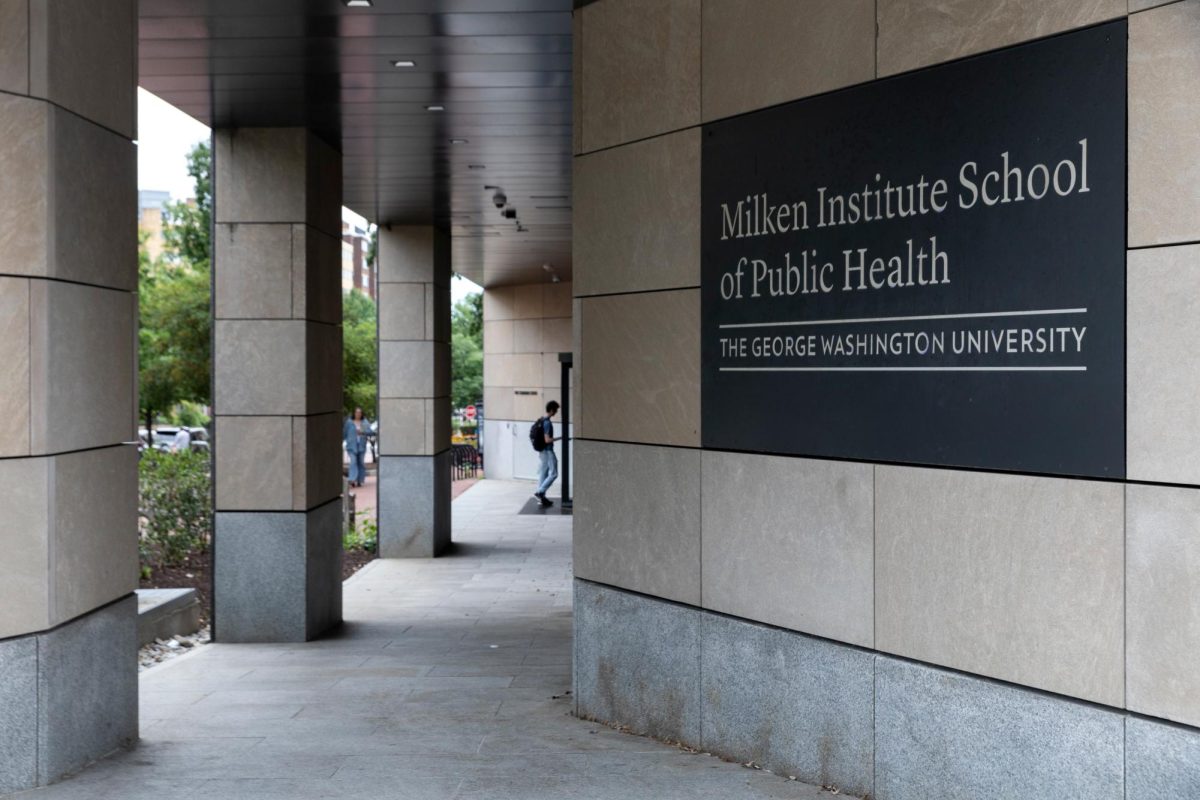Colleges across the country are seeking new ways to even out the female-heavy makeup of study abroad programs by targeting advertising to males.
Nearly two-thirds of students studying abroad were female in 2010, the last year for which data is available, the Chronicle for Higher Education reported – signaling many universities’ struggle to tailor their marketing materials toward male students.
“Study abroad offices don’t always make the connection between learning about culture and the realistic possibility that students can have jobs overseas because it seems so obvious,” Karin Fischer, a senior reporter at The Chronicle, said. “Study abroad is less attractive to men when it is not grounded in a career goal.”
To promote a study abroad program in Spain, for example, Fischer said colleges could use a photo of students working in a laboratory as opposed to a picture of females in traditional Spanish dress dancing the flamenco.
Participation rates at GW are on par with national figures, with males making up less than 35 percent of students in study abroad programs for the last decade.
Rob Hallworth, director of the Office for Study Abroad, said the University does not tailor its study abroad brochures toward a particular gender, but staff members “have reached out to fraternity organizations on campus and have done some information sessions specifically for those groups” to attempt to close the gender gap.
“This is a question that a lot of international education professionals have grappled with for a long time,” he said. “It is a consistent theme regardless of home school, destination or length of program.”
He declined to elaborate on the office’s methods to recruit men beyond the fraternity visits. He also declined to say if he views the gender gap as a problem for GW.
Raynell Cooper, a freshman majoring in geography, does not plan to go abroad because he is more concerned about meeting University requirements.
“[Male students] want to move forward in the work force and we don’t want to waste time in college,” Cooper said.
National trends also show that students are studying abroad earlier in their college careers – going as freshman and sophomores – as more students place out of minimum credit requirements with Advanced Placement tests.
About 85 percent of study abroad participants at GW are juniors and about 10 percent are sophomores, Hallworth said. It is rare for freshmen to study abroad, because students are required to complete 45 credits before applying to a program, he said.
Hallworth said he encourages students to consider studying abroad as long as they “have considered the fit of a study abroad program into their academic plan and have the approval of their academic advisors.”






